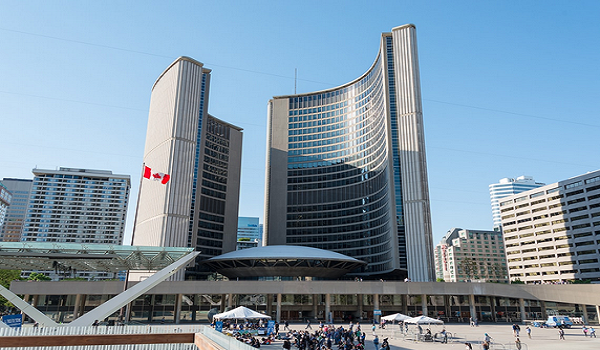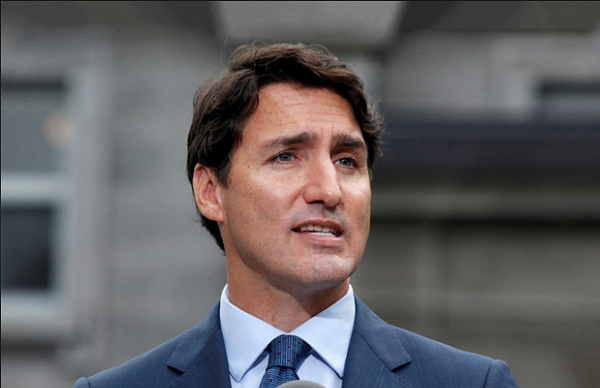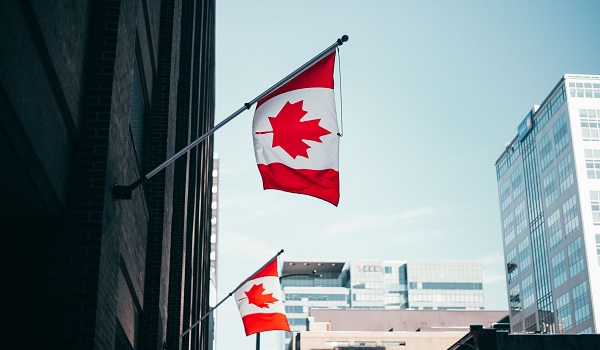Newcomers desperate for shelter are still being turned down from Toronto main shelter system, city confirms
Refugees and asylum seekers desperate for shelter are still being turned away from Toronto’s main shelter network, city staff confirm — weeks after Mayor Olivia Chow said shelter policies enacted earlier this year directing newcomers elsewhere had been reversed.
The city’s refugee shelters and base shelter system alike have been squeezed to capacity lately — with hardly any beds open on a daily basis and organizations such as local churches trying desperately to fill gaps. However, when asked by the Star if refugee claimants calling the city’s shelter intake line seeking an emergency bed would be denied any available ones in the main, non-refugee system, city spokesperson Bradlee Bomberry confirmed that was the case.
“Yes, refugees are being referred to our 17 refugee specific programs across the city,” Bomberry said in an email.
That’s despite a motion put forth by Chow and approved by council in July that directed city staff to ensure anyone, regardless of status, is able to access shelter if space is available.
Back in May, then-interim mayor Jennifer McKelvie announced that, effective June 1, newcomers calling for shelter would be referred to the federal government once the city’s refugee-specific beds were filled, rather than be referred to the base shelter system. McKelvie framed it as a hard choice, made in the face of a desperate shelter capacity crunch as well as what city hall has long labelled inadequate funding support from the federal government.
The move left a crowd of people, many fleeing African countries for a new life in Canada, sleeping on the street and caught in a back-and-forth, as the city’s shelter intake line referred people to federal offices, who referred them back to city intake. As the crisis ballooned, the federal government vowed an extra $97 million for the city: a welcomed move, though less than city staff had identified as needed. And the next day, Chow — days into her mayoralty — said the policy of referring newcomers to the federal government was no longer in effect.
However, in late August, Toronto community worker Lorraine Lam raised public concern that newcomers were still being denied access to beds in the city’s main shelters. Speaking with the Star, Lam believes the issue was simply taken out of the public’s view when numerous Black-led churches specifically stepped in to offer temporary indoor space and other supports.
“It’s not a good look for the city,” Lam said.
Krystal Fox, a nurse practitioner with a downtown Toronto hospital, said she had a patient two weeks ago who had been in Canada for just a few months, and had been staying on the streets before being admitted to her in-patient unit for an unrelated medical issue. During the discharge process, Fox said she and a social worker were trying to find their patient a shelter bed — but were told by central intake that “refugees were only able to go, to be allotted, to refugee beds.”
Accessing a refugee-specific bed could take a number of weeks, Fox said they were told. After placing calls to other community resources, she said the best they could do was direct their patient to the Red Cross with hopes the patient could wait in their facility for proper shelter.
“I was very surprised,” Fox said. “I think it’s prejudicial against refugees.”
City staff, in emailed statements, noted that 1,300 refugee claimants are currently in its base shelter system, and said refugees would be offered shelter “when space is available.” The response highlighted city council’s decision to create a dedicated refugee system last year — a decision officials, at the time, hoped would free up capacity in the city’s main shelter system while allowing for more targeted supports like legal aid referrals.
“There is unmet demand for shelter for both refugees and non-refugee clients daily,” it said, noting an average of 239 people were turned away from the system every day in July.
Chow’s office, when approached, said their understanding was that refugees were not technically barred from the base shelter system, as facilities could accept refugees if they turned up on their doorstep when a bed happened to be open. The number of refugees in the base system had grown since June, they said, offering the example of the city moving a number of newcomers to base shelter sites from a Downsview church that had offered stopgap shelter.
But Chow’s office confirmed refugees without shelter who called the central intake line — the typical process of finding emergency shelter in Toronto today — would simply not be offered referrals into the base system, even if they called at a time when beds were open in that sector.
In a statement from Chow herself, the mayor said the current policy was running contrary to the motion she’d put forward at city council in July, which “directed the city to continue providing refugee-specific shelters while also ensuring no one is denied shelter based on their status.”
“I expect the city to adhere to that motion and will work to make sure it does,” she said.
It’s a reality that comes as Chow, fellow councillors and city staff have continued their appeals to the federal government for aid, passing a motion on Wednesday that identified the city’s rising costs for sheltering refugees this year at $200 million. It called on Ottawa to step in, not only through reimbursements to the municipal coffers, but by increasing available rent subsidies, creating a regionwide response for newcomers and a dedicated local welcome centre.
“Despite over a year of discussions with our intergovernmental partners, the funds provided to date are not enough to support our shelter demands and, in fact, do not come close to covering costs already spent. This has put the City of Toronto in an ongoing financial situation that is unsustainable,” reads a report to council by Toronto’s city manager and deputy city manager for community and social services, released Tuesday.
“Without the federal contribution to the solutions identified, refugee claimants will have no place to go once they leave temporary accommodations such as the churches,” it said. “Further, many of these newcomers will find themselves on the street as the city shelters are full.”
This article was reported by The Star


















